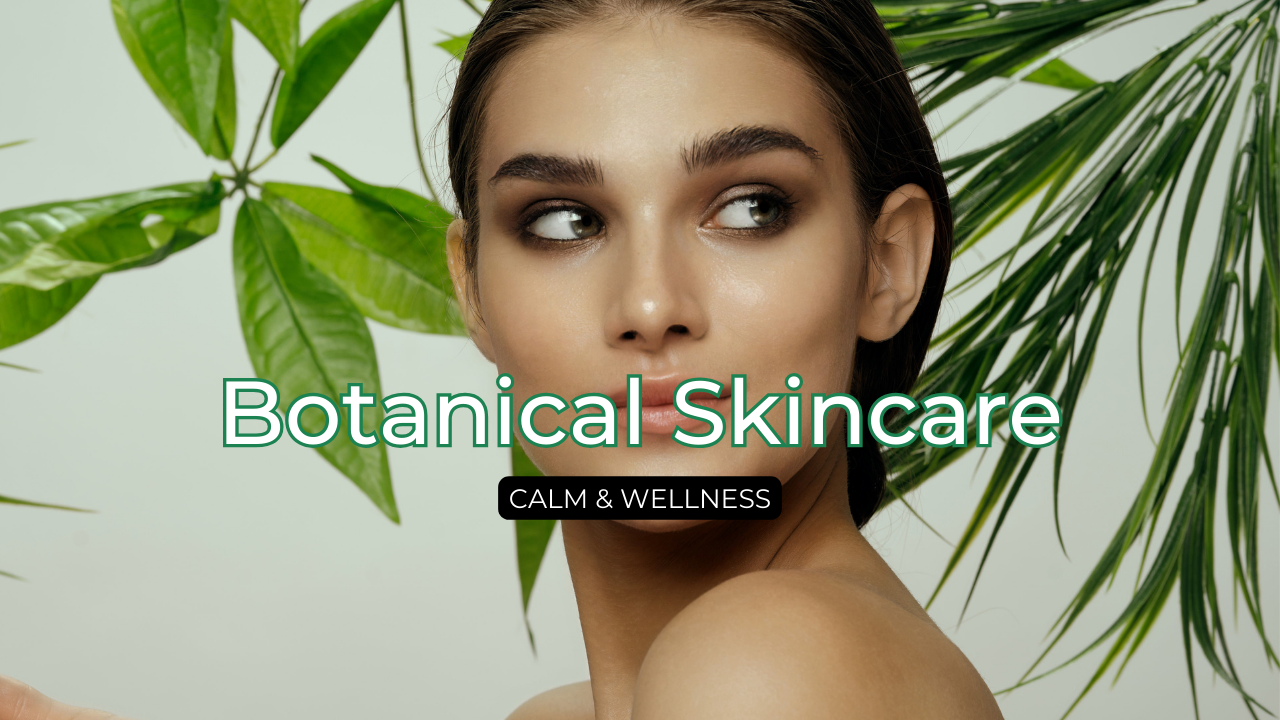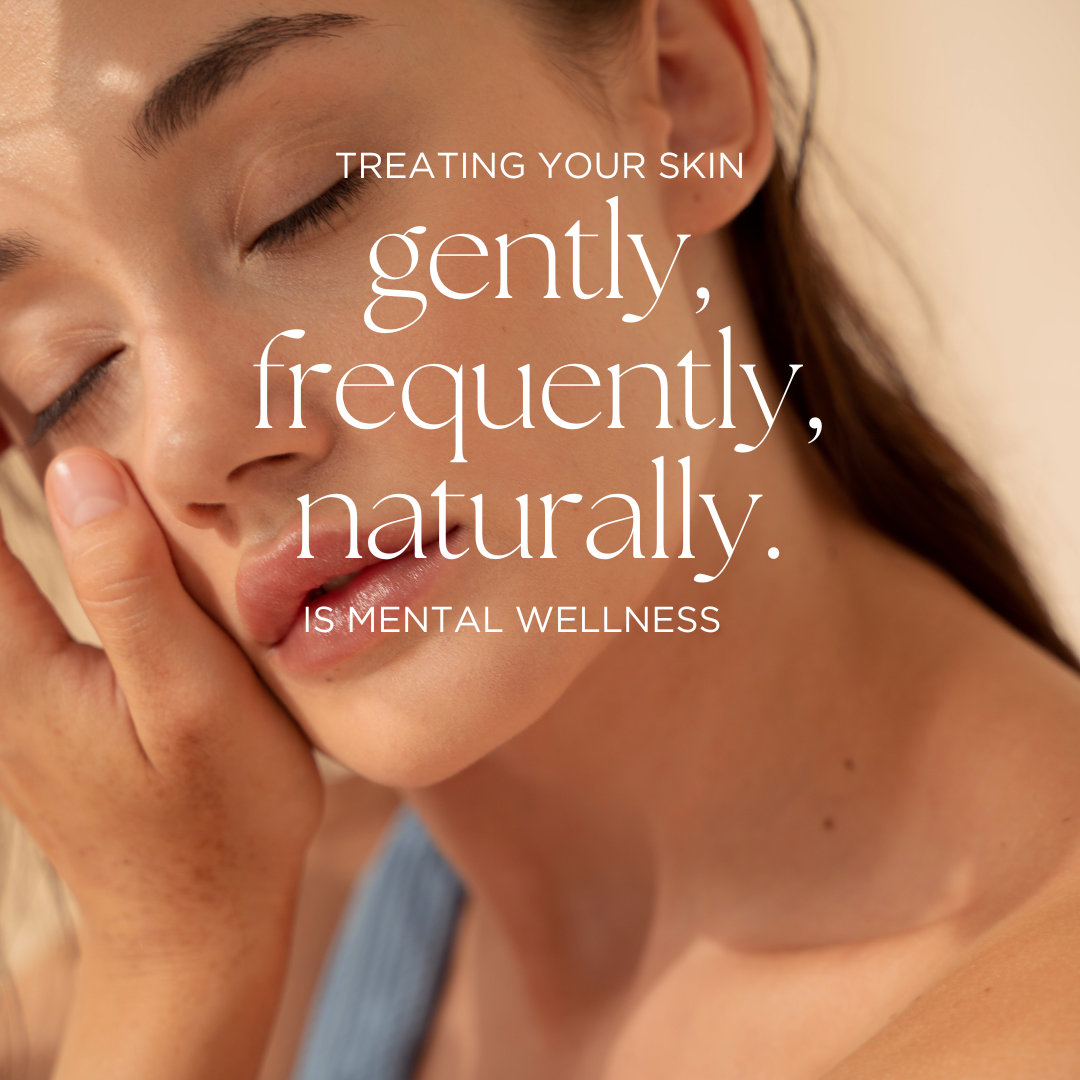Everyone has heard of the phrase “you are what you eat.” What if I told you that the same applies for your skin. A healthy skin regimen also starts with a healthy diet. Have you ever eaten something like chocolate only to break out with acne two days later? Although there may not be hard science to explain why, you can take comfort in knowing that you’re not alone. Over a third of people with acne experience a connection between what they eat and their blemishes. Here we will cover the types of foods that may provoke or prevent acne.
Acne-Fighting Foods
When it comes to promoting a healthy skin diet, it’s all about adopting good nutritional habits. It’s no secret that diets rich in fruits and vegetables are good for us and our skin. Healthy skin foods appear to actually reduce inflammation and even decrease the likelihood of future breakouts. When it comes to healthy skin, these are some of the key players to look for:
Vitamin A: Vitamin A is essential in regulating the skin cycle so that acne-causing proteins and oils don’t get trapped in your pores. It also happens to be the main ingredient in Accutane, a prescription medication for acne. Good sources of food for vitamin A include tomatoes, red bell pepper, cantaloupe, mango, fish oil, salmon, carrots, leafy green vegetables like spinach, kale and broccoli.
Vitamin D: Light sun exposure and orange juice are great sources, as well as fatty fish and seafoods, and mushrooms.
Vitamins E and C: The antioxidants in these two vitamins are thought to work synergistically to have a calming effect on the skin. Vitamin C can be found abundantly in food such as oranges, grapefruit, lemons, papaya, and tomatoes. Vitamin E rich sources include sweet potatoes, nuts, olive oil, sunflower seeds, avocados, broccoli, and other leafy green vegetables.
Selenium: This mineral also has antioxidant properties that help protect your skin from free radical damage. Good sources of selenium can be found in things such as tuna, salmon, wheat germ, garlic, Brazil nuts, eggs, and brown rice.
Omege-3 fatty acids: Omega-3s are effective at preventing certain molecules that lead to inflammation. They also support the healthy turnover of normal skin cells to keep acne at bay. Omega-3 fatty acids can be found in cold water fish like salmon and sardines, walnuts, almonds, sunflower seeds, and flaxseed oil.
Water: It’s no secret that water is an essential component to healthy glowing skin. Water helps to properly hydrate your body and in turn, leads to nice plump and healthy skin. Proper hydration helps flush out the toxins that are causing skin problems. It is also necessary for skin metabolism and regeneration. Around five to eight glasses of water per day should be sufficient.
Foods to Avoid When You Have Acne
Certain food types have been shown to increase the likelihood of having an acne flare up. These include dairy and simple sugars or carbohydrates found in things like chocolate.
Dairy: According to a review done at The George Washington University Medical Center, cow’s milk can spark or worsen breakouts in some people. The culprit is hormones used to encourage growth in cows. The hormones in dairy products increase levels of male hormones called androgens that increase sebum production, which in turn leads to acne. There are now many easily accessible dairy alternatives like almond, soy, and my favorite, oat milk.
Simple Sugars: Processed sugary foods have been found to be relatively unhealthy for us, and thus for our skin as well. Chocolate isn’t the only common acne trigger that is high in sugar. High glycemic index foods such as white bread, potatoes, and sugary drinks and snacks can also lead to those acne flare ups. The simple sugars cause breakouts due to high insulin levels which creates a series of reactions that increase androgen levels like dairy and in turn stimulate sebum production that clogs pores. Notably, sugar makes skin less elastic, which can lead to wrinkling and sagging.
Ultimately, every person’s skin will react to various diets and foods in different ways. So when you have an unexplained breakout or dry patch develop, try to think back to your meals from the last couple of days. By paying close attention to what you eat and the relationship between your skin and the food you eat, you can make better informed decisions in the future. Here’s to your clear skin!
Subscribe to our email list to gain more knowledge on skincare.
If you want to turn your daily skincare into a self-care ritual, explore our product line at She Biology today!





